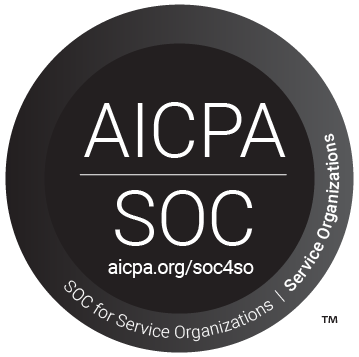Businesses upgrading their communications are increasingly turning to the cloud to implement Unified Communications as a Service (UCaaS). The shift to UCaaS is partly due to a growing overall comfort with cloud solutions, as well as many on-premises communications solutions nearing the end of their life cycle.
As a result, when it’s time to consider a new communications solution, many are interested in seeing the same benefits applied in this area that they’ve experienced with other systems transitioned to the cloud. From a subscription-based pay model to cost savings and increased agility, there are many potential advantages to cloud migration.
It’s expected that the trend will continue, because most on-site phone systems have a life span of about ten years. This means that in the next five years, many companies will be considering a new system and many will determine that a cloud solution makes sense for their needs.
Benefits that drive the decision: There are many benefits to UCaaS, but there are two that most influence the decision of companies that adopt the technology:
Low initial investment: UCaaS requires little to no hardware to implement, and a managed service provider handles all of the maintenance, troubleshooting and upgrades. There’s no need to hire additional IT personnel to handle a more complex phone system.
Collaborate from anywhere: UCaaS offers tools that allow teams to connect through video conferencing, shared workspaces and integrated solutions. Even better, team members can participate no matter where they are located. Not only do companies save on transportation costs, because virtual teams can meet at any time, anywhere, but they also all but eliminate geographical considerations when hiring new talent.
What to consider when implementing UCaaS: The decision to move communications to the cloud may be an easy one, once a company has looked at the cost reduction and productivity improvements they can expect. What may be harder is the choice of a managed service provider. While cloud solutions offer disruptive innovation, they also come with a few potential risks, such as a broadened security plane and the possibility of less visibility and control.
It’s important to choose a managed service provider that you trust, that can offer the level of security that will protect your data assets without sacrificing agility. You also want a managed service provider that allows you the level of visibility and control necessary to optimize the performance of your systems.
For some companies making the transition, it makes sense to first implement a hybrid solution that spans both on-premises systems and cloud solutions. Companies can also opt for a migration that occurs in stages, choosing to transition by department or branch location.
If it’s time to upgrade your communications to a solution that can accommodate your future growth, or you’re currently using a phone system that is reaching the end of its support contract, contact us at Access One. We offer end-to-end UCaaS solutions with a client-focused approach.















